Covid-19 Outbreak – Everything you need to know | Department of Health COVID-19 updates available at www.sacoronavirus.co.za
URINE AND ORAL FLUID TESTING
Organisations have a legal obligation to ensure a safe and healthy workplace. Therefore, drug testing is part of the risk management strategy to curb the effect of inappropriate drugs and alcohol use negligently or irresponsibly. Drug testing with a threshold-compliance approach in urine and oral fluid is most effective in detecting short-term use, while a diagnostic approach is required to detect longer-term dependency.
Chemical detection of drugs in urine and oral fluid is an objective way to identify possible inappropriate drug use but, it requires a legally defensible approach with due respect for dignity, equality, and freedom.
We are proud to say that we are the initiators of workplace drug testing in South Africa and have performed more than 50 000 drug tests without losing a single legal challenge.
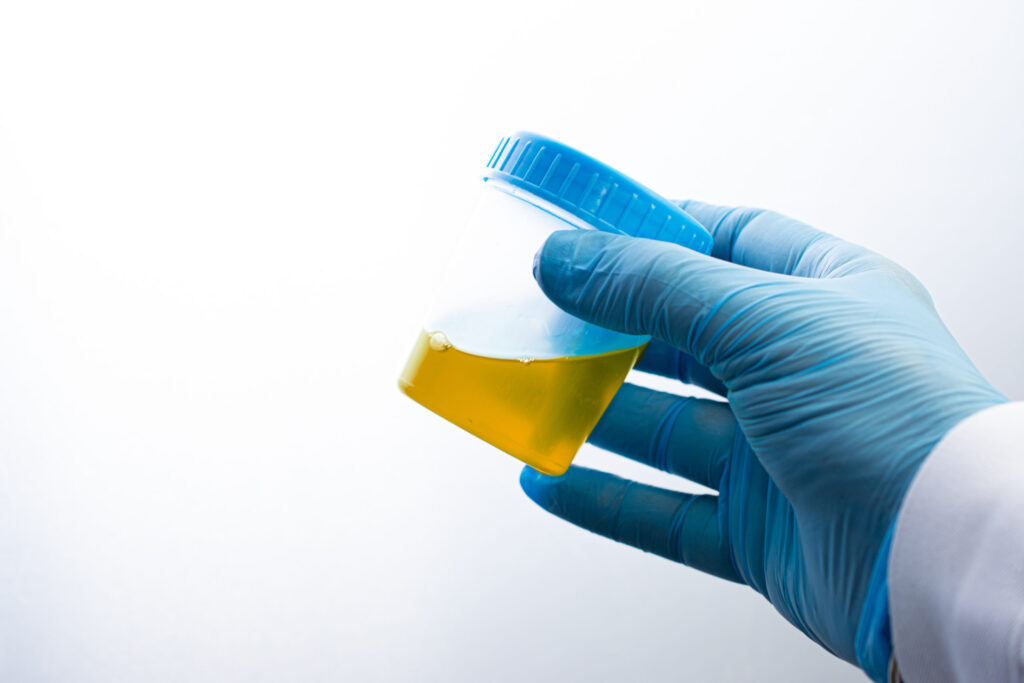
The initial phase involves the donation of urine or oral fluid after obtaining written voluntary informed consent from the donor. The collection process must be performed in such a way as to preserve the integrity of the specimen.
The specimen (sealed and signed to prevent tampering) is shipped to the Expert Laboratory Services confirmation laboratory in a secured manner and is accompanied by the consent form and chain-of-custody document.
ELS has a network of courier services that collect the specimens urgently to have the test results available within the shortest possible turn-around time.
To start the testing process on a legally defensible basis, Expert Laboratory Services can assist with the following necessary documents:
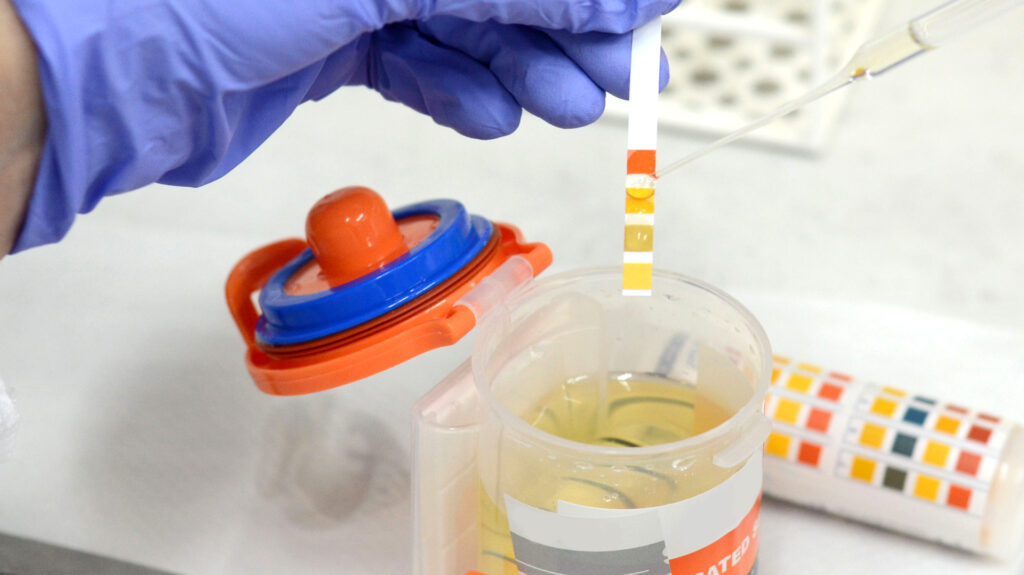
A two-tier testing strategy must be followed:
Screening tests cannot be used as reliable evidence for decisive action in legal forums such as disciplinary hearings, CCMA, and the Labour Courts.
Preliminary screening tests are based on immunoassay technology that can produce false-positive and false-negative test results due to prescription, over the counter, herbal and food supplements. The results of immuno-assay screening tests, which can also be laboratory-based and provide a “semi-quantitative” result, are always uncertain due to the uncertainty about the identity of the compound that caused the non-negative test result.
Confirmation testing at Expert Laboratory Services is performed on a forensic standard with an internationally acceptable technique, gas chromatography-mass spectrometry electron impact and negative chemical ionisation detection (GC-MS-EI-NCI). The analyses are performed with in-house developed, validated, traceable test methods (according to ISO17025 standards) to provide total confidence in the reliability of the test result.

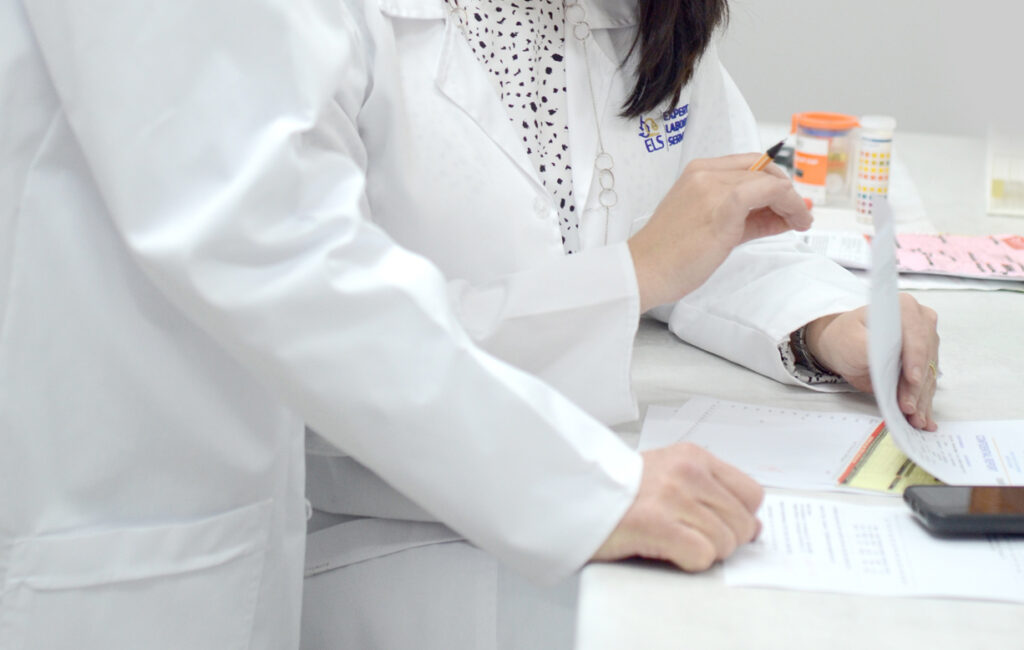
Results are reported against the threshold cut-off concentration limits as specified by the drug and alcohol regulation and testing policy.
ELS can assist with recommending concentration cut-off limits used internationally, such as those recommended by the SAMHSA, European and Australian guidelines.
Test reports contain confidential information and are only communicated to the designated person as indicated on the consent form. All test reports are password protected.
All personal information and test results will be treated in accordance with the National Protection of Personal Information Act (POPIA).
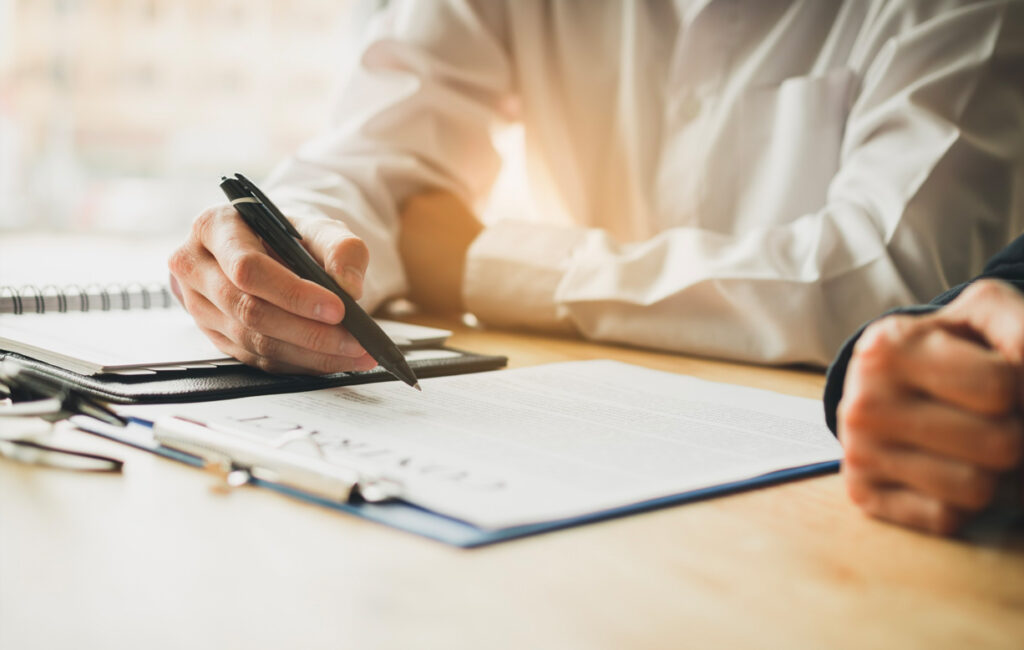
Our in-house toxicologist assists occupational health professionals during the medical review, validation and other investigations.
This service includes:
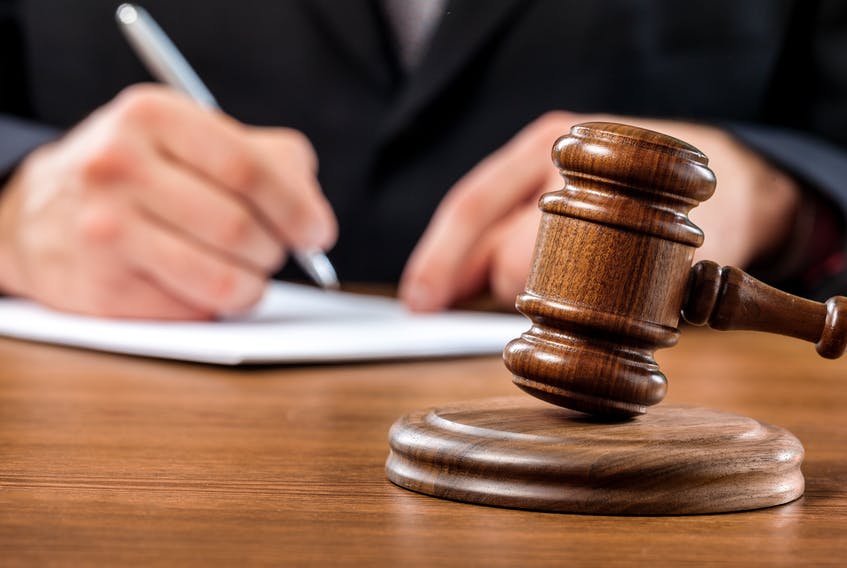
The professionally qualified members of Expert Laboratory Services can provide expert court testimony and opinions in all drug testing-related matters, toxicology, policy, and other related fields for criminal and labour law litigation.
We are professionally qualified and duly registered at the Health Professions Council of South Africa (HPCSA) and the South African National Council of Scientific Professions (SACNASP).
Our unique scientific-legal academic, and professional backgrounds provide an excellent foundation for expert opinions and services for litigation purposes.